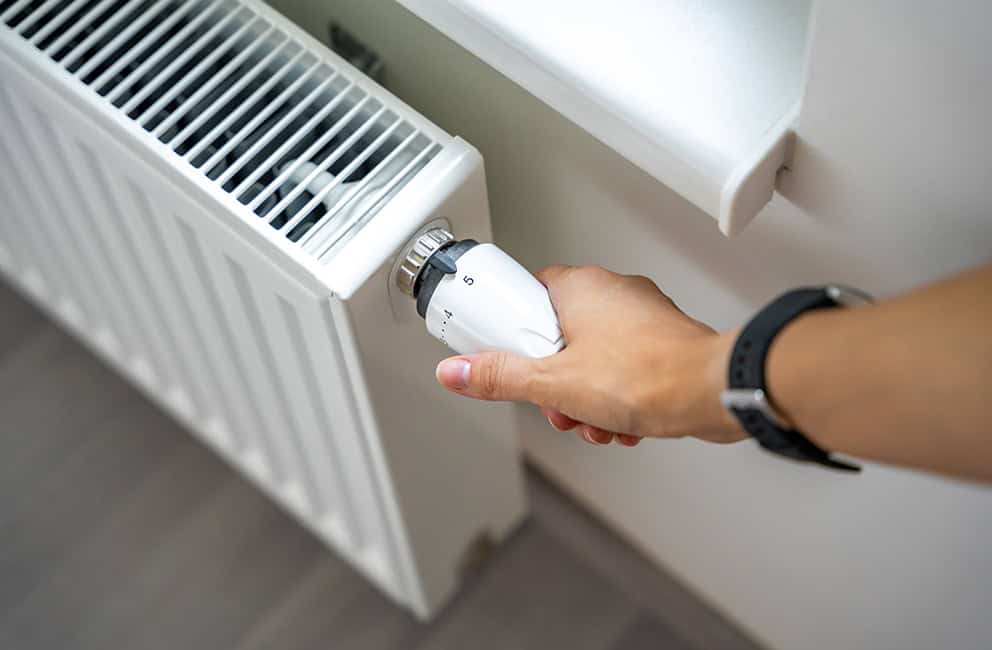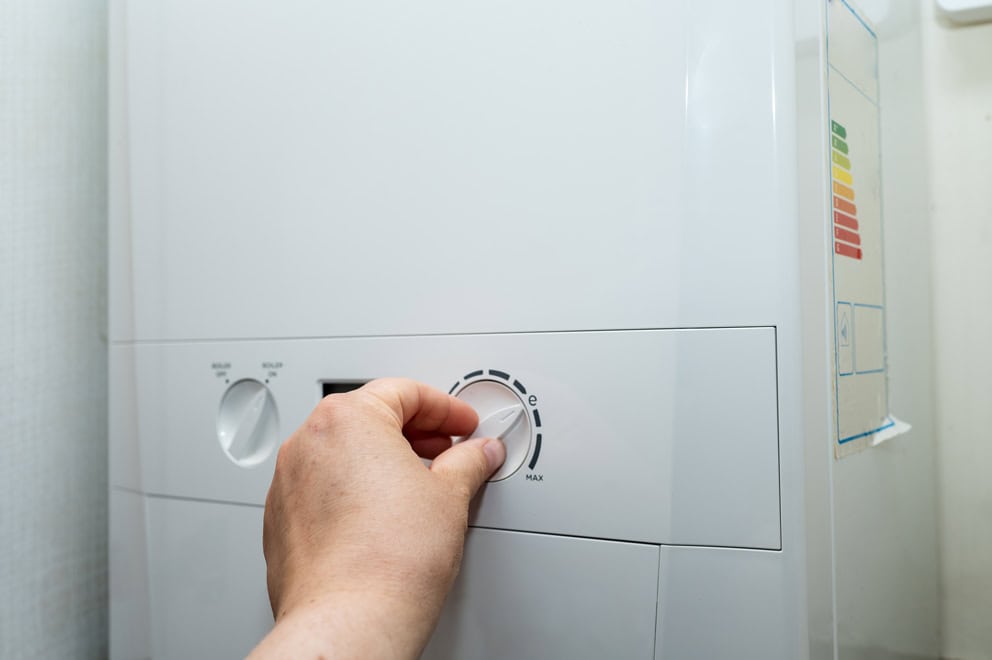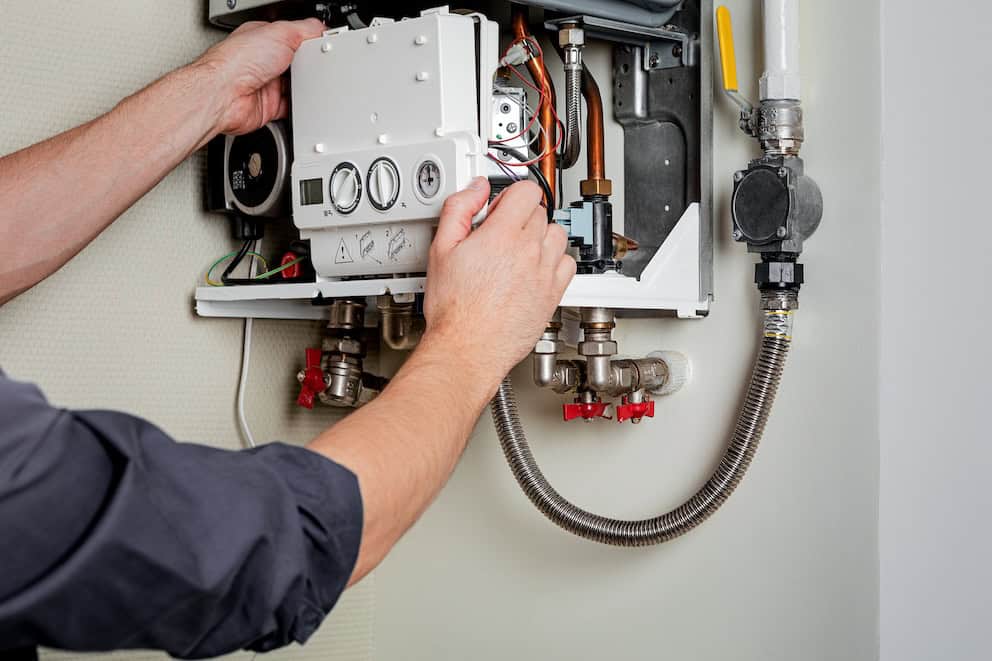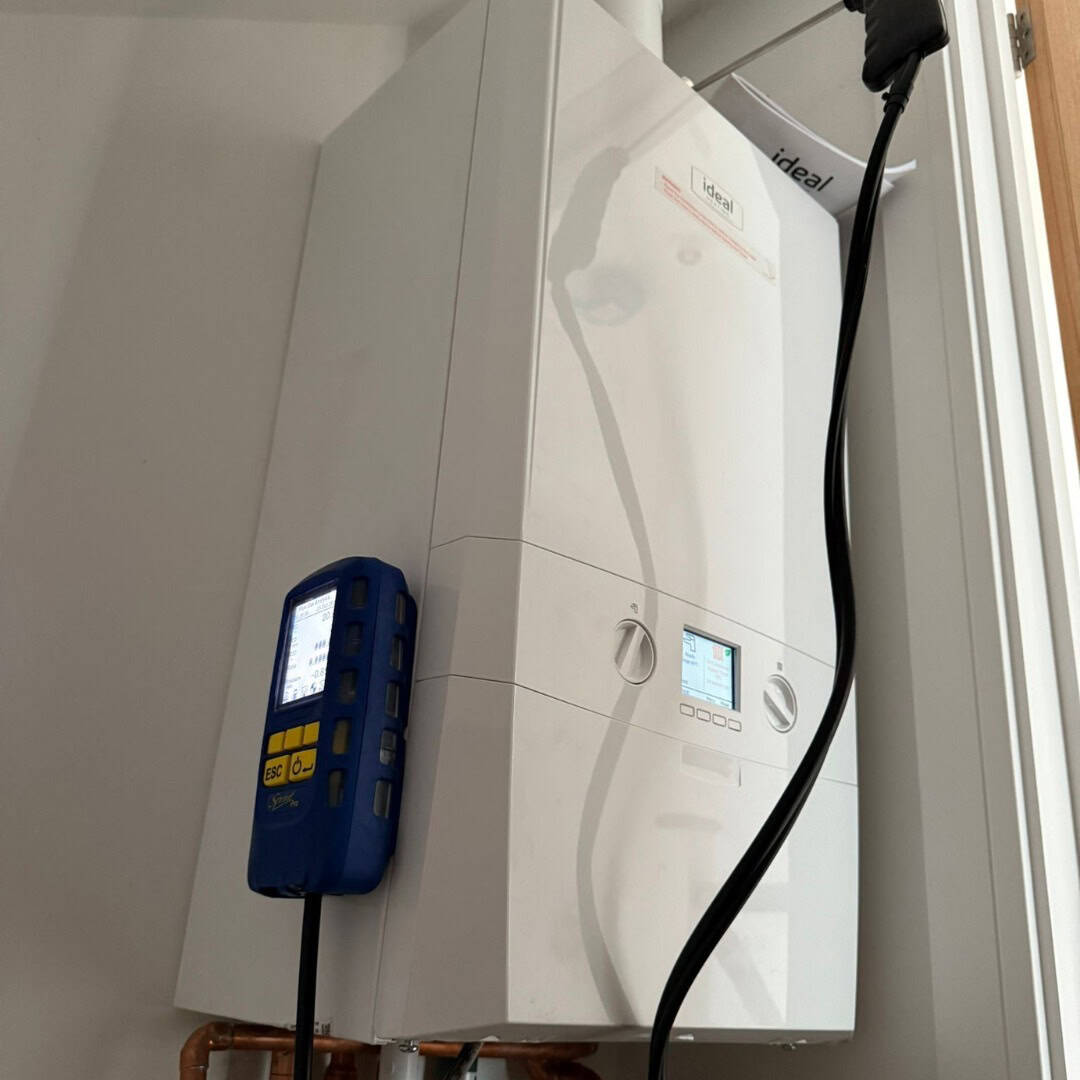
Understanding the Importance of Powerflushing Your Heating System
Cambridge winters aren’t Arctic, but that damp, bone-deep chill? Grim. Whether you live in a terrace in Newnham or a farmhouse in the Fens, comfort matters. If your radiators take ages to wake up or your boiler sounds like a kettle on its last legs, the system probably needs a proper clean out. That’s what a powerflush is for.
Powerflush, in plain English
Over time, heating systems fill with sludge. We’re talking rust from steel radiators, magnetite (that fine black stuff), plus limescale (there’s plenty of it round here thanks to the chalk aquifer). Sludge settles in radiators and pipe bends, slows the flow, makes pumps work harder and ultimately, robs you of heat.
A powerflush pushes cleaning chemicals and fresh water through the pipework at high flow, lifting the muck and sending it to waste. Fresh inhibitor goes in at the end to slow corrosion and keep everything flowing nicely.
Glamorous? No. Effective? Absolutely.
Signs you’re due a powerflush
You don’t need to guess. Look (and listen) for:
- Cold bottoms, hot tops on radiators (a classic sign of sludge build-up)
- Radiators slow to heat, even with the stat up
- Noises like gurgles, bangs and whistling from the boiler or pipes
- Murky water when you bleed a radiator (tea-coloured or black)
- Frequent niggles like sticking valves, pump changes or air in the same rad every week
Cambridge landlords see this a lot in student HMOs off Mill Road or near Chesterton due to constant use, mixed radiator ages and minimal maintenance between lets. Same story in older, semi-detached homes in Petersfield and Romsey with original pipe runs, tight bends and decades of silt buildup.
Why it matters here in Cambridge
Hard water: limescale loves our area. It coats heat exchangers and narrows pipes.
Older stock: the brick homes in areas like Newnham, Arbury and Romsey are lovely but can be plagued with older pipework. Corrosion feeds sludge which is a one-way ticket to underperformance from your heating system.
Mixed systems: Extensions bolted onto older circuits can cause issues as different metals in the same loop can speed up corrosion.
Heavy use: House shares and short lets mean more showers, more heating cycles and more wear.
Leave it and you pay twice: once in higher gas bills, then again when the pump or heat exchanger gives up.
What you actually gain from a powerflush
- Heat back where you want it. Radiators heat evenly and rooms warm up faster.
- Lower running costs. A free-flowing system needs less gas to reach the same temperature. Combine your powerflush with a smart heating system upgrade and the savings can be significant.
- Quieter days and nights. Fewer knocks and groans from pipework and boiler.
- Fewer breakdowns. Pumps, valves and heat exchangers stop fighting sludge.
- Boiler life extended. Less strain, less heat-soak and fewer callouts in February when engineers are rammed.
We see it all the time: a townhouse in Trumpington with two downstairs rads doing nothing, upstairs roasting. A flush is a quick, easy and affordable way to balance the system and heat the house evenly again.
Powerflush vs chemical flush
People mix these up. A chemical flush is a gentle clean at low pressure. It’s useful on newer systems with light debris. A powerflush uses a high-flow machine, stronger cleaners and magnetic filtration to pull out heavy magnetite. If your radiators just aren’t performing and the bleed water looks like cola, you want the latter.
How often?
As a guide:
- Every 5–6 years for typical family homes in Cambridge
- Sooner if you’ve moved into an older place with unknown history
- Before a new boiler (many manufacturers expect a clean system at installation)
- If warning signs stack up (think cold radiators, murky bleed water and pump noise)
If the system’s fairly new, annual servicing plus inhibitor top-ups and the odd radiator clean can hold sludge at bay for a good while.
What to expect on the day
A proper job with Plumbox looks like this:
- Survey and isolate
We check the system layout, valves and by-passes.
- Hook up the machine
Usually at the pump or a convenient point in the circuit.
- Chemicals in, high flow on
We agitate each radiator, reverse flow to lift debris and capture magnetite with strong magnets.
- Flush to clear
Fresh water until it runs clean at every point.
- Inhibitor added
Corrosion inhibitor goes in to protect the system.
- Balance and test
We set flows so every room gets its fair share of heat.
You can stay in. It’s a bit noisy but otherwise, low-fuss.
Costs and value
A powerflush isn’t pocket money. But compare it with the cost of replacing a heat exchanger, swapping a pump (again), living with a system that burns more gas for less heat or having to buy a new boiler years earlier than needed, and it’s a worthwhile investment.
Common questions we get
Will it fix every issue?
No. If a radiator has a collapsed baffle or a pipe is crushed behind a floorboard, flushing won’t resurrect it.
Is my boiler too old for this?
Usually not. We isolate sensitive components and protect seals. If something looks fragile, we’ll tell you before we start.
How long does it take?
Most homes clock in at around 5 to 8 hours. Big houses or stubborn systems can run longer.
Do I need it before a boiler swap?
If your water runs black and rads are patchy, yes. New boilers hate sludge, and manufacturers hate paying for failures caused by it.
Why Plumbox?
- Local water, local quirks. We deal with Cambridge’s hard water every day.
- Old and new stock. From Victorian terraces in Petersfield to new Eddington flats, we’ve seen every layout.
- Straight talk. If a light chemical clean will do, we won’t sell you a powerflush. If pipework needs replacing, we’ll say so.
- Good kit, careful hands. Strong magnets, proper cleaners, tidy workmanship.
- We’re round the corner, not a call centre two counties away.
When to book
The best times to book a powerflush are:
- Before winter, while diaries have space
- Before a house sale or new tenancy (warm rads make viewings and inspections kinder)
- Before fitting a new boiler (protect that warranty!)
Whether you’ve spotted the warning signs or just want to stay ahead of trouble, give us a ring today. Book a system check with Plumbox and we’ll take a look, tell you what’s worth doing, and get the heat back where it belongs.


